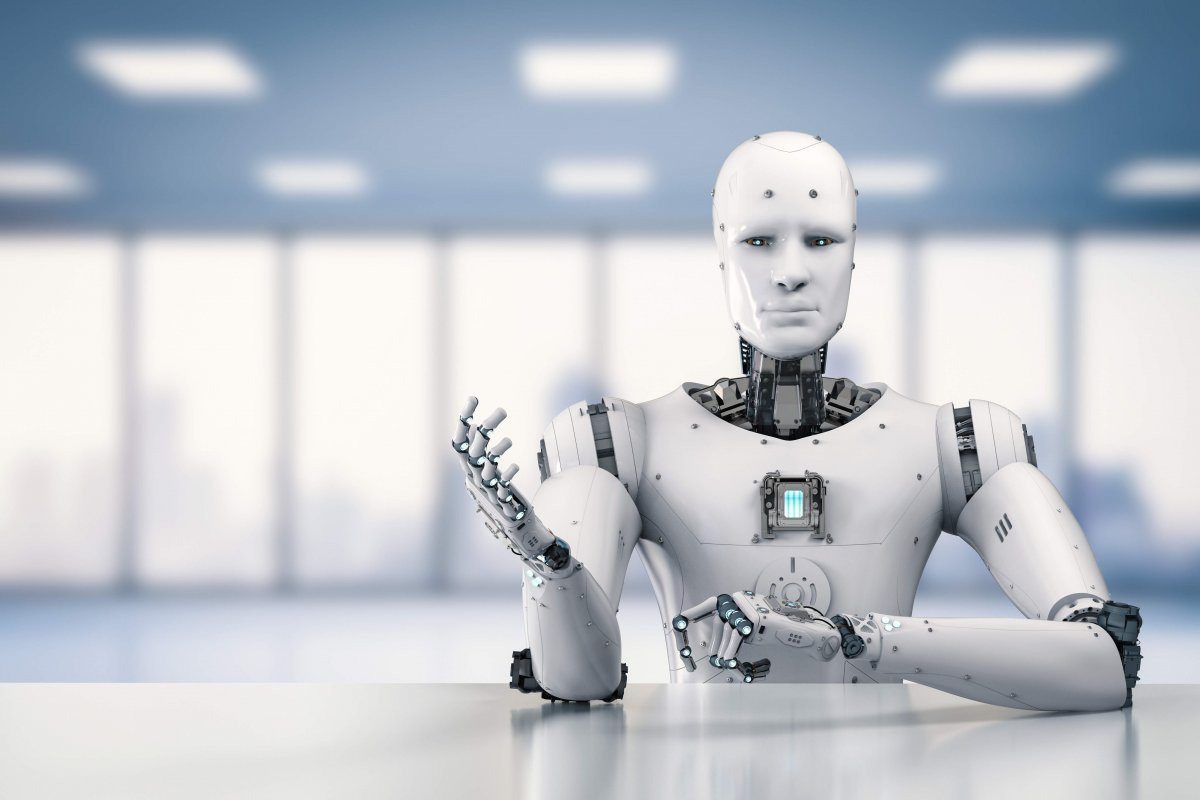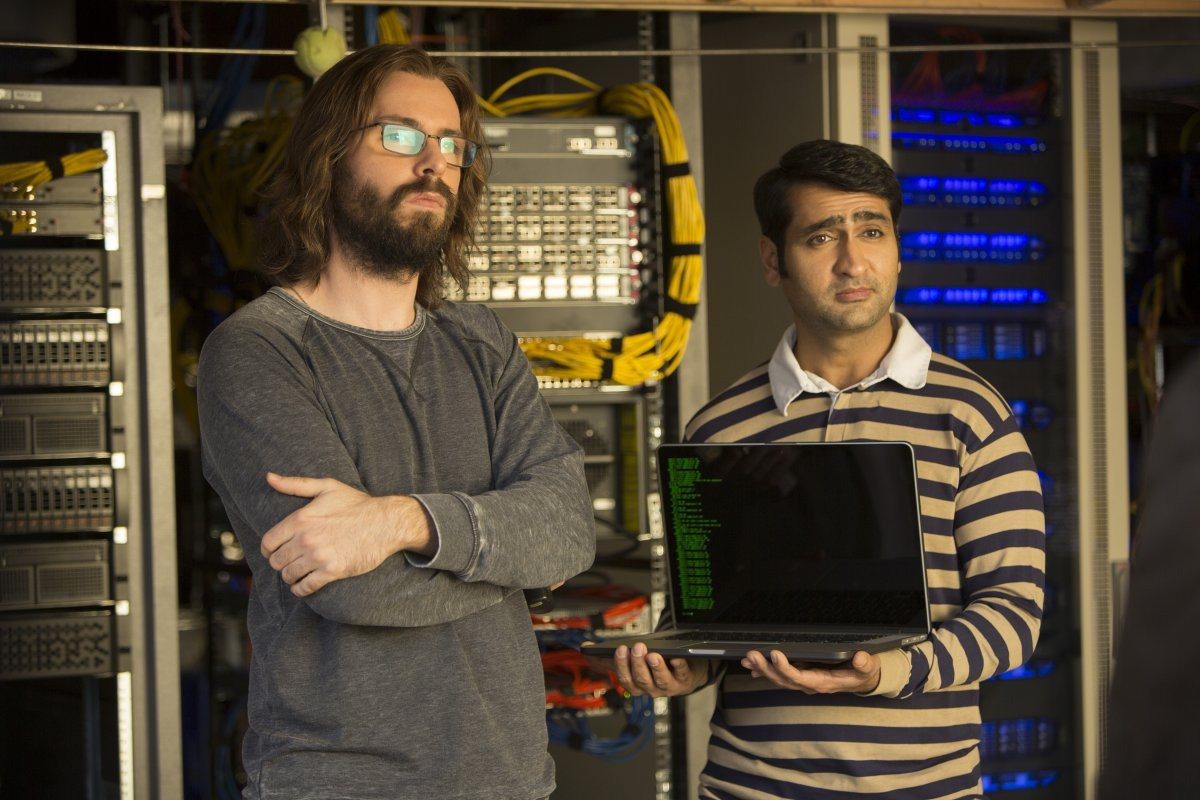Artificial intelligence (AI) is transforming traditional industries by enhancing efficiency, productivity, and innovation. One of the sectors most impacted by AI is manufacturing, where AI technologies are streamlining operations, optimizing supply chains, and improving product quality. By integrating AI into their processes, manufacturers can automate routine tasks, reduce production costs, and increase output. This shift is also creating a range of artificial intelligence jobs, as companies seek skilled professionals to develop, implement, and manage AI systems within their operations.
AI-driven technologies, such as machine learning and robotics, enable manufacturers to predict equipment failures, optimize maintenance schedules, and improve operational efficiency. Predictive maintenance, for instance, uses AI algorithms to analyze data from sensors and machinery to forecast potential breakdowns, allowing manufacturers to address issues proactively. This approach minimizes downtime and extends the lifespan of equipment, leading to significant cost savings. Additionally, AI-powered robotics can handle complex tasks with precision and speed, increasing production capacity and ensuring consistent quality. As AI continues to evolve, its impact on the manufacturing sector will only grow, creating new opportunities for innovation and growth.
Transforming the Healthcare Industry

AI is making significant inroads into the healthcare industry, revolutionizing how medical professionals diagnose, treat, and manage diseases. From improving diagnostic accuracy to enhancing patient care, AI technologies are helping healthcare providers deliver better outcomes and reduce costs. AI-powered tools, such as image recognition software and predictive analytics, enable clinicians to analyze medical data more efficiently and make informed decisions.
In diagnostics, AI algorithms can process and interpret medical images, such as X-rays and MRIs, with remarkable accuracy, aiding radiologists in identifying abnormalities and diseases at an early stage. Predictive analytics tools use patient data to forecast health risks, allowing healthcare providers to develop personalized treatment plans and preventive measures. Furthermore, AI-driven virtual assistants and chatbots are improving patient engagement and streamlining administrative tasks, freeing healthcare professionals to focus on patient care. As AI technologies advance, their integration into healthcare will continue to enhance patient outcomes and drive innovation.
Revolutionizing the Financial Sector
The financial industry is undergoing a transformation driven by AI technologies, which are reshaping how financial institutions operate and interact with customers. AI is enhancing decision-making, improving risk management, and personalizing customer experiences, making it an indispensable tool for the financial sector. From algorithmic trading to fraud detection, AI is revolutionizing traditional banking and financial services.
AI-driven algorithms analyze vast amounts of financial data to identify patterns and trends, enabling institutions to make informed investment decisions and optimize trading strategies. In risk management, AI technologies assess creditworthiness and detect fraudulent activities with high accuracy, protecting financial institutions and their customers from potential losses. Additionally, AI-powered chatbots and virtual assistants are enhancing customer service by providing personalized financial advice and support, improving customer satisfaction and loyalty. As AI continues to evolve, its role in the financial sector will expand, driving efficiency and innovation.
AI in Retail and Customer Experience

AI is transforming the retail industry by redefining the customer experience and optimizing operations. Retailers are leveraging AI technologies to personalize marketing strategies, streamline supply chains, and enhance customer interactions. AI-powered recommendation engines analyze customer behavior and preferences, allowing retailers to offer personalized product suggestions and promotions that drive sales and customer loyalty.
In supply chain management, AI technologies optimize inventory levels, forecast demand, and improve logistics, reducing costs and ensuring timely delivery. AI-driven chatbots and virtual assistants enhance customer service by providing instant support and personalized assistance, improving the overall shopping experience. As AI continues to evolve, its integration into the retail sector will create new opportunities for innovation and growth, transforming how retailers engage with customers and manage their operations.
The Future of AI in Traditional Industries
As AI technologies advance, their impact on traditional industries will continue to grow, driving innovation and transforming business models. Organizations that embrace AI and adapt to change will gain a competitive edge, while those that resist may struggle to keep up with the evolving landscape. The integration of AI into traditional industries presents opportunities and challenges, requiring businesses to invest in technology and talent to harness AI’s full potential.
By fostering a culture of innovation and collaboration, organizations can leverage AI to improve efficiency, enhance customer experiences, and drive growth. As AI becomes increasingly integrated into everyday operations, traditional industries will continue to evolve, creating new opportunities for innovation and growth in an ever-changing world.



Leave a Reply